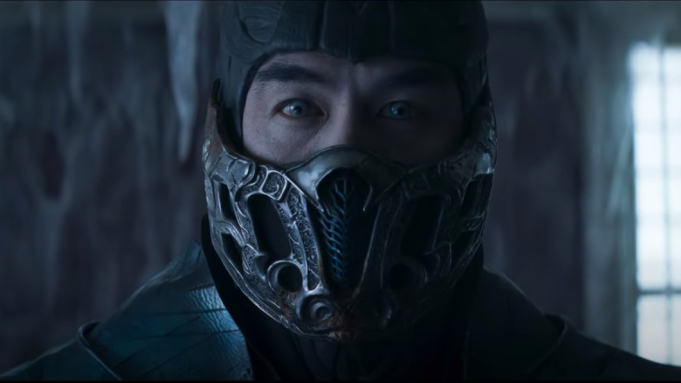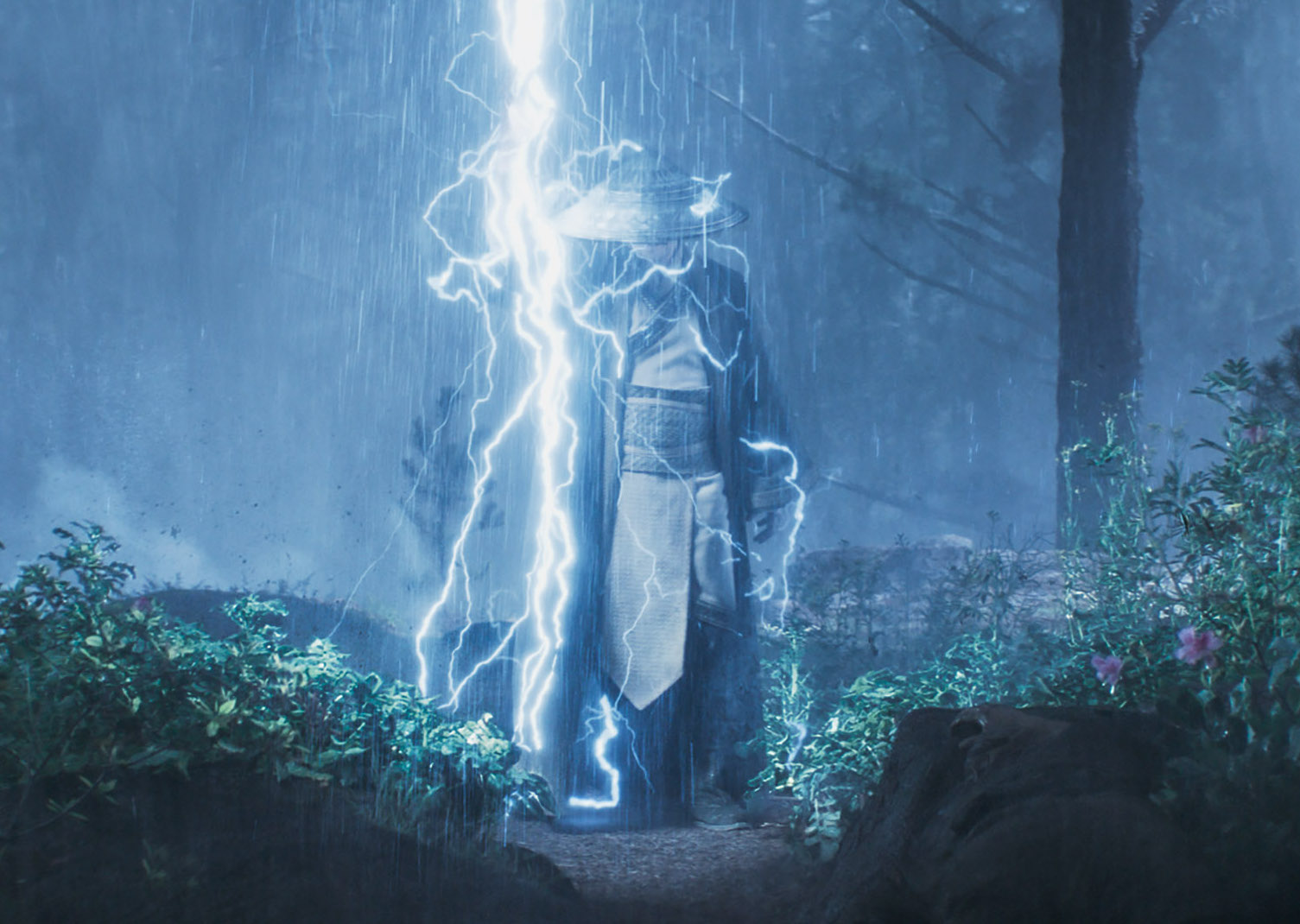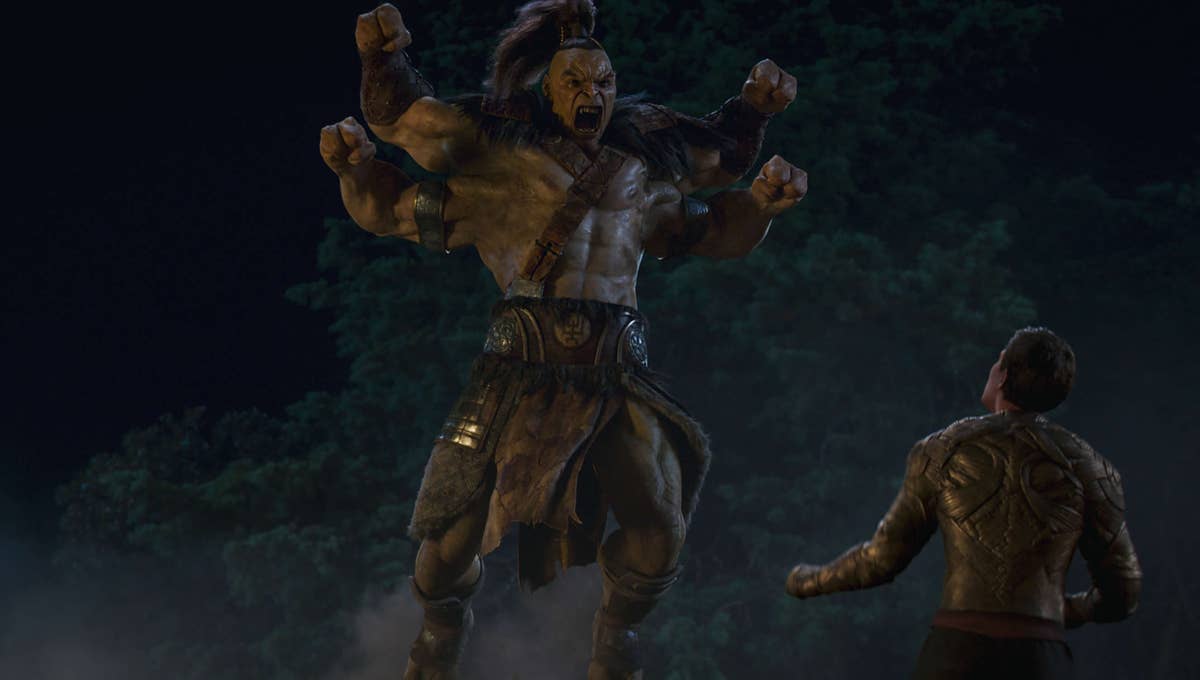Since the dawn of film, there has been one consistent truth: Hollywood will make a movie out of any old thing. Producers have shown few qualms about adapting material from any almost medium, as long as it provides a way to hook an existing audience into buying a ticket on opening weekend. Some of the form’s biggest hits came about this way: Gone With the Wind was an adaptation of a popular novel. Casablanca was a stage play. Mars Attacks was inspired by a series of Topps bubble gum cards. Then, of course, there are comic books. Were you aware they sometimes make movies that aren’t about comic books?
I maintain you can make a good movie about anything. Disney even got two good movies out of their Pirates of the Caribbean theme park ride. But for some reason, it’s been historically hard to make a good movie out of a video game. There’s the horror of Super Mario Bros; the Street Fighter adaptation, which is only notable because it was Raul Julia’s final film; Ballistic: Ecks vs. Sever is the worst-reviewed film on Rotten Tomatoes. And I swear I will gnaw off my own leg before I sit through another Angry Birds movie.
Maybe it’s the game part that’s the problem. I’m looking at you, Hasbro, for your ill-fated attempts to monetize your intellectual property with Battleship. (But then again, Clue is a campy gem.) You’d think the raw materials are there to make a good movie. But even games with elaborate backstories like Prince of Persia have completely fallen apart as films.
Which brings us to Mortal Kombat. It offers Hollywood the best of both worlds: a video game adaptation AND a remake! The 30-year-old fighting game franchise actually began life as an abortive attempt to create a video game tie-in for the Jean Claude Van Damme film Universal Soldier, and had its first jump to the big screen in 1995. The director for this attempted port is James Wan, the Australian horror director who co-created Saw and The Conjuring, and who had massive hits with Aquaman and Furious 7. So maybe, just maybe, Mortal Kombat could break the curse of the video game movie.
Well, it’s better than Angry Birds, I’ll give it that much. I’d even go so far as “surprisingly watchable in places.” Mortal Kombat, it turns out, has an incredibly dense backstory, developed over 11 major installments, that boils down to a long-standing conflict between our universe, Earthrealm, and an alternate dimension called Outland, described as “the most brutal and murderous realm,” which is populated entirely by butt-kicking evildoers and their wretched slaves. (In the finest, low-budget sci fi tradition of Doctor Who and Star Trek, the Outland scenes are filmed in a quarry.) Certain supremely bad ass mortals carry the mark of the dragon (which is, coincidentally, Mortal Kombat’s logo), and are chosen to fight in a tournament to determine inter-dimensional bragging rights, and also possible enslavement of the losing reality.

There’s always a Chosen One, but Mortal Kombat takes the title of the most Chosen Ones. Originally, there were seven playable characters and three bosses. Ten major characters is a lot for any film that isn’t a historical epic. But since 1993, there have been dozens more fighters introduced for players to pit against each other. After a fairly smoothly executed cold opening, in which retired ninja Hanzo Hasashi (Hiroyuki Sanda) is assassinated by ice demon Bi-Han (Joe Taslim), aka Sub-Zero, Mortal Kombat settles into a rhythm of a character introduction, followed by individual fights, then new character introductions to challenge the survivors. Ostensible leading man Lewis Tan is a robotic cipher as Cole Young, the journeyman cage fighter who is actually the descendant of Hanzo Hasashi. But there are occasional flashes of life in the sprawling cast, such as Josh Lawson’s winking turn as the treacherous mercenary Kano. I always liked to play as Raiden (Tadanobu Asano), because it’s just immensely satisfying to kill your opponents with lightning.

And that is why video game adaptations are doomed to fall flat. It’s fun for me to kill with lightning. To watch a character on the screen who is not under my control command lightning, or rip out a dragonman’s heart, or fire his eye laser, is less satisfying. The narrative of video games like Mortal Kombat and Angry Birds doesn’t really matter, as long as the gameplay mechanics are fun. But to a film, it’s everything. So it’s useless to try to stick to the game script by having Kano shout “Kano Wins!”, because you’re just not going to get that same adrenaline rush unless you’re pulling Kano’s strings. Also, I don’t say this about many films, but this one really needed a narrator like the video game. It’s not Kano’s place to shout “Kano Wins!” That’s up to the unseen, presumably supernatural, judges. As for the film, this judge is declaring a “FATALITY.”
